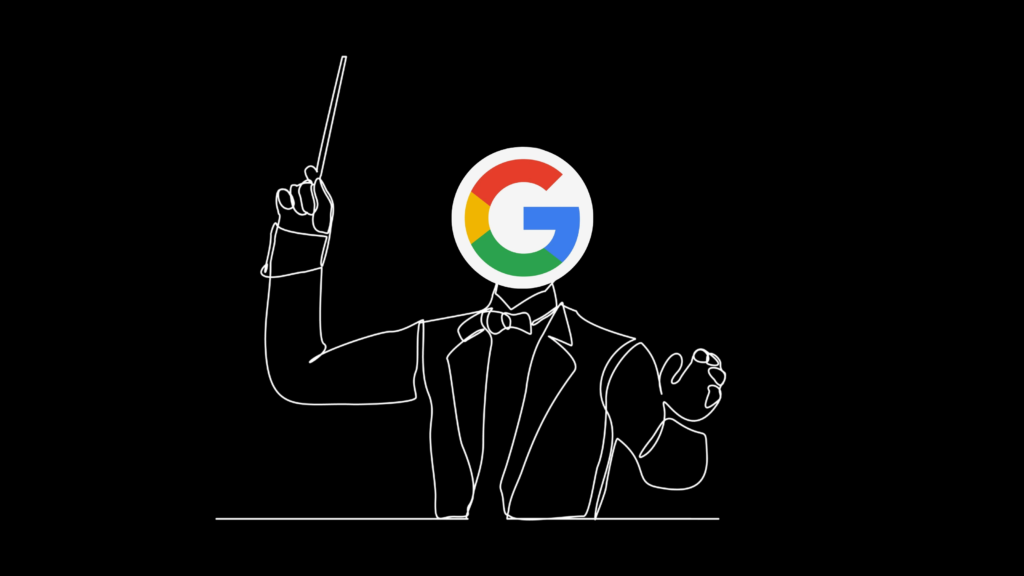The recent confirmation by YouTube that it is in discussions with record labels about using music for AI training has sparked considerable interest and debate. This development underscores the rapid integration of AI into creative industries, including music. Google’s unveiling of AI applications for music production at its I/O event in May 2024, including during a keynote preshow, highlights the company’s commitment to advancing AI’s capabilities in generating creative content. This move, however, raises critical questions about the implications for artists, record labels, and the broader music industry, especially in an era where streaming has complicated compensation models for creators.
Generative AI’s potential to create music, text, photos, and videos has driven companies like Google to seek source material to train their models. YouTube, a Google subsidiary, aims to partner with major record labels to access their music catalogs for AI training. Currently, YouTube’s Dream Track feature is based on the work of nine artists. However, according to reports from the Financial Times, YouTube is in talks with Universal Music Group (UMG), Sony Music Entertainment, and Warner Records. The proposed deals involve substantial financial compensation to the labels in exchange for the right to use their songs for AI model training. YouTube has acknowledged these discussions but clarified that it does not intend to expand Dream Track specifically through these agreements.
The legality of using copyrighted material to train AI models remains a gray area. This uncertainty is exemplified by the lawsuit filed by the New York Times against OpenAI for using its articles to train AI models, claiming copyright infringement. Companies like Google face a high-risk, high-reward scenario: using copyrighted material could significantly boost AI capabilities but also expose them to substantial legal liabilities if courts rule in favor of copyright holders. To mitigate these risks, companies often seek direct agreements with copyright holders, compensating them for the use of their content in AI training. By negotiating with record labels, YouTube hopes to use selected tracks, albums, or catalogs legally and safely to enhance its AI features without facing legal challenges.
The stakes in these negotiations are high, as illustrated by the Recording Industry Association of America’s (RIAA) lawsuit against AI music generation tools Suno and Udio for copyright infringement, seeking $150,000 in damages per violation. The RIAA represents the major record labels, including those YouTube is negotiating with, highlighting the potential for significant legal and financial repercussions.
YouTube’s stringent copyright policies further complicate matters. Videos on the platform that use unauthorized copyrighted music can be pulled down, lose monetization, or result in copyright strikes against the channel. This strict enforcement makes it challenging for creators to use music they didn’t create. AI-generated music could offer a solution, enabling creators to produce original background music without risking copyright infringement. This potential benefit makes it clear why YouTube is keen on striking deals with major record labels.
However, the perspective of record labels and artists must also be considered. Despite the apparent financial incentives, labels and artists may be wary of such agreements. The music industry has already been disrupted by streaming services, which offer minimal compensation per stream. Introducing AI-generated music trained on existing tracks could exacerbate these challenges. While AI music generation tools are currently limited in their ability to match the creativity and nuance of human musicians, technological advancements could eventually lead to AI producing music that rivals human creations. This possibility raises concerns about the long-term impact on artists’ livelihoods and the value of creative work.
From a strategic standpoint, record labels might benefit more from resisting these AI training deals. The short-term financial gains could be outweighed by the long-term consequences of enabling AI to generate music that competes with human artists. Once AI models are trained on human-created music, the door cannot be closed. The potential loss of control over their music catalogs and the diminishing value of human creativity are significant risks. The struggle to adapt to the financial realities of streaming might pale in comparison to the challenge of competing with AI-generated music that doesn’t require royalties.
There is precedent for record labels collaborating with tech companies on AI initiatives, as seen with the development of YouTube’s Dream Track. However, the broader implications of widespread AI music generation warrant a cautious approach. Record labels should carefully consider the long-term impact of allowing their music to be used for AI training. They should prioritize protecting the interests of their artists and the integrity of creative work. Given the high stakes, record labels might be better served by following the RIAA’s example and resisting these deals until more favorable terms and safeguards can be established.
In conclusion, YouTube’s efforts to partner with record labels for AI music training reflect the broader trend of AI’s integration into creative industries. While there are potential benefits for content creators and consumers, the legal, ethical, and economic implications are complex and far-reaching. Record labels and artists must weigh the immediate financial incentives against the long-term consequences for creativity and compensation in the music industry. As AI continues to evolve, these decisions will shape the future landscape of music production and distribution.
If you like the article please follow on THE UBJ.
